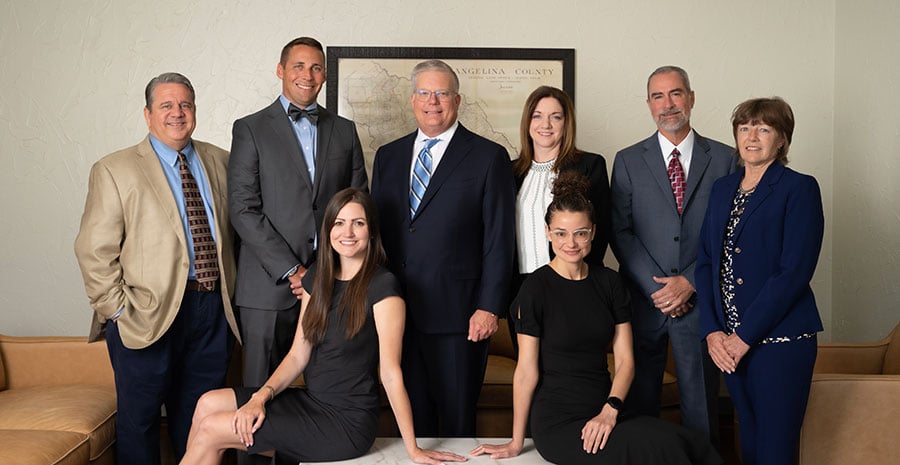When a testator passes away, it is the responsibility of their executor to settle their estate — but most executors aren’t exactly familiar with their role.
The executor has many responsibilities to meet to settle an estate. Failing any of these duties could breach their fiduciary duty, which is their legal responsibility to act dutifully and in the best interests of the beneficiary. Here are three key things an executor has to do:
1. Recover the will and submit the will to probate court
Before the executor can take action, he or she must locate the testator’s will. The testator could have left their will in a secure location for the executor to find. If a will can not be found, the estate will be handled under intestacy, which means the state will be responsible for managing the decedent’s estate. So, it is often in the best interest of the executor to locate the will.
Once the will is located, the executor can submit the legal document to probate court. The probate court will oversee the execution of an estate according to the decedent’s wishes, including approving the activities of the executor.
2. Notify interested parties and pay taxes and debts
The executor may be responsible for collecting copies of the decedent’s death certificates to use to notify interested parties, such as banks, creditors and insurance companies. The executor may also need to pay any remaining taxes and debts and collect on insurance policies. There are usually many small actions that have to be completed in this stage of probate.
3. Contact beneficiaries and disperse assets
Typically, the last thing the executor will do is contact the beneficiaries of the estate and disburse the remaining assets. This usually happens toward the end of the probate process and signifies the settlement of the estate.
To help ensure an executor perform their duties in full, they may want to reach out for legal guidance.


